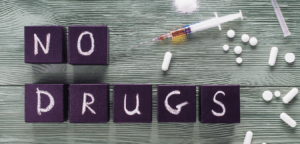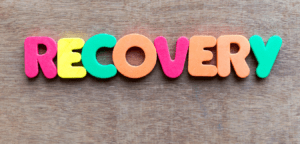It isn’t easy to build a new social network in early recovery. It takes time and patience to make new friends and cultivate authentic connections. While creating a new social support circle may be challenging, doing so is critical to maintaining sobriety.
It’s well known that feelings of loneliness can be significant during the early phase of recovery, and this state of mind could trigger a relapse. People who feel alone and detached from others are quite vulnerable and may return to their substance of choice as a means of numbing these negative emotions. Continue reading for some tips on how to combat loneliness and succeed in recovery.
Loneliness in recovery
Experiencing loneliness after rehab is often the natural result of making a significant lifestyle change. Toxic relationships must be shed in recovery, which can result in a lack of social interaction.
Establishing new friendships that are supportive to your recovery, as well as discovering new hobbies and activities that don’t revolve around substance use, is a process that takes time. Being patient and optimistic during this transitional phase is key to minimizing feelings of loneliness.
How to combat loneliness
Managing feelings of loneliness should be a top priority in early recovery. Tune in to your emotions, recognize the very human need to develop new connections and take actions to make that happen.
Try these tips for battling loneliness in early recovery:
- Join a Support Group. Participating in a support group will give you the opportunity to interact with individuals that are also in recovery. Being around people who are going through similar experiences can be comforting, and the sense of solidarity can help reduce feelings of loneliness.
- Get Involved in Volunteer Work. Volunteering your time to a cause that matters to you is a great way to not only contribute to the community, but to also make new friends. When you engage in a worthwhile activity like volunteering, you will not only feel better about yourself, but can make some meaningful connections with others.
- Seek Opportunities to Meet People. Making new friends in recovery requires some effort. Make it a priority to explore new sober social experiences where you mix with others who are also committed to sobriety. Look for some local meetup groups, gyms, and clubs that identify as “sober” or “in the program” and you are sure to make some new connections.
When to get help for depression
In times when feelings of loneliness become too strong to deal with, you may be experiencing a depressive episode. Depression is not uncommon in early recovery, so you shouldn’t ignore the symptoms.
If you’re dealing with five or more of these symptoms for longer than two weeks, it’s time to visit a mental health professional to get some help:
- Persistent feelings of sadness, hopelessness or despair
- Loss of interest in activities you once enjoyed
- Change in eating habits that have resulted in sudden weight loss or gain
- Slowed movements and cognitive functioning
- Irrational feelings of guilt, worthlessness, or shame
- Changes in sleep habits, either sleeping too much or too little
- Fatigue
- Difficulty concentrating
- Recurrent thoughts of suicide
When people feel lonely for a prolonged period, it can lead to feelings of isolation and even result in depression. Protect your mental health in recovery by remaining connected to your sober support network, family members and close friends while also cultivating new sober friendships.
Credited to: ashley treatment










